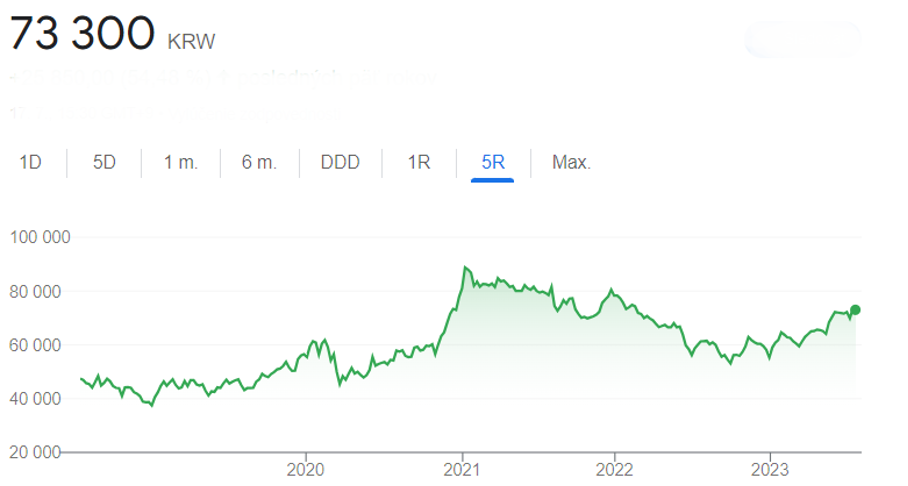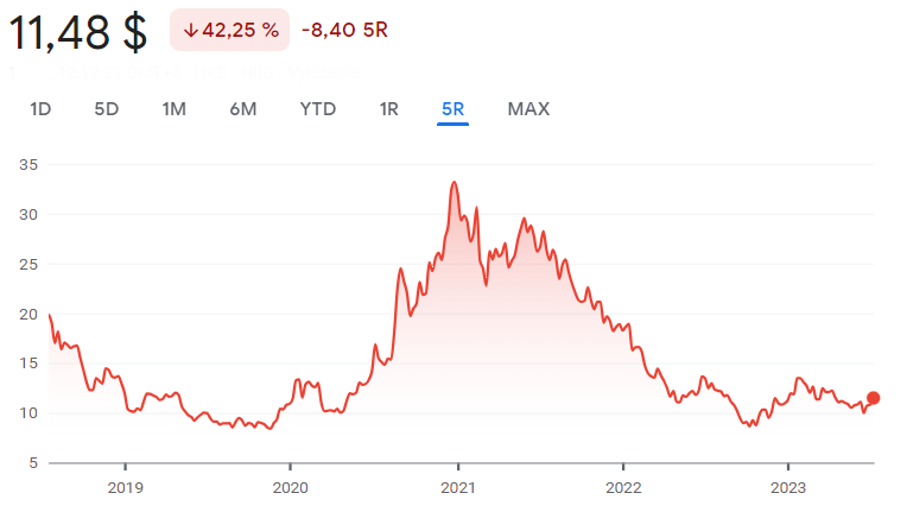Bár az indiai okostelefon-értékesítések 44%-a online történik, a téglaüzletek továbbra is fontos szegmens maradnak, és a Xiaomi arra számít, hogy a jövőbeli növekedési tervei is ebben a szegmensben fognak megvalósulni. Muralikrishnan B, az indiai részleg elnöke rámutat, hogy a vállalat pozíciója az offline szektorban sokkal alacsonyabb, mint az online szektorban, ezért erre akarnak összpontosítani. A Xiaomi indiai készülékeladásainak mindössze 34%-a származott idén kiskereskedelmi üzletekből, a többit a weboldalakon keresztül vásárolták.
Inspiráció a versenytársaktól
A kínai gyártó példát akar venni versenytársáról, a Samsungról, amely az eladásainak akár 57%-át is a téglaüzletekben bonyolítja. A Samsung részesedése Indiában 20%, míg az olcsóbb alternatívákat kínáló Xiaomi részesedése 16%. A Xiaomi ezért azt tervezi, hogy a jelenlegi 18.000 üzlethelyiségen túl bővíti bolthálózatát, megháromszorozza a promóterek számát, és több olyan termékét kínálja, például tévéket és biztonsági kamerákat, amelyek között a verseny nem olyan nagy. A vállalatnak nem lesz könnyű dolga, mivel az indiai szövetségi hatóságok befagyasztották 673 millió dolláros banki vagyonát. A hatóságok azt állítják, hogy a Xiaomi jogdíjfizetés címén illegális átutalásokat hajtott végre külföldi jogalanyoknak. A vállalat azonban tagadja a vádakat, és reméli, hogy álláspontját meghallgatják és elismerik.
Az indiai piac, mint a világkereskedelem új bikája
A kérdés az, hogy az indiai piac mennyire képes megfelelő teret biztosítani a globális márkáknak a további terjeszkedéshez. Egyes elemzők szerint éppen a kedvező kilátásokkal rendelkező, jelenleg bikapozícióban lévő India az, amely a következő évtizedekben a kínai piaccal együtt megelőzheti az amerikai piacot. [1] Az indiai piacnak növekedési időszakra kell számítania, talán azért is, mert a világ más hatalmaihoz képest alulértékelt, és meghaladhatja a várakozásokat. [2] Olyan területekre összpontosít, mint a gazdaság monetizálása és digitalizálása vagy az adóstruktúra megváltoztatása. Megvan a lehetősége arra, hogy megelőzze Németországot és Japánt a rangsorban, és az évtized végére a világ harmadik legnagyobb gazdaságává váljon. [3] Kína ezzel szemben, bár még mindig termékeny talajon áll az elektromos járművek elterjedésének jelenlegi trendjei számára, szenved a városokban a fiatalok magas munkanélküliségének problémájától és az országból kivonuló ellátási láncok növekvő számától. Könnyen lehet, hogy a nagyvállalatok érdeklődésük középpontjába az indiai piac kerül, amely a potenciális vásárlók nagy száma miatt kedvezőbb környezetet biztosíthat.

A Xiaomi részvények teljesítménye az elmúlt öt évben (Forrás: Google) *
Jubileumi tőzsdei jegyzés
Pár napja ünnepelte a Xiaomi a tőzsdére lépés ötéves évfordulóját. Aranykorát 2020-ban élte, azóta a részvények inkább lejtmenetben vannak. Idén a részvény értéke enyhén zöld számokban * két százalék körül tartja magát.
Rivális Samsung
A Samsung az egyik vezető okostelefon-gyártóként jelentős pozíciót tölt be a világban. Emellett széles portfólióval rendelkezik, amely területeken bővíti érdekeltségeit. A közelmúltban kiemelkedett a Pfizer amerikai gyógyszeripari vállalattal való 1,2 trillió won (921,38 millió dollár) értékű együttműködésről szóló hír, amelyet két, 2029-ig szóló megállapodással pecsételtek meg. A Samsung technológiai szakértelmet biztosít a Pfizer számára a rák, a gyulladás és az immunológia támogatására szolgáló termékek előállításához, és egy új üzemet is épít a dél-koreai Samsung Biologics komplexumban. Ezen az együttműködésen kívül a Samsung más gyógyszeripari vállalatokkal, például a Kinsale, az Eli Lilly és a GlaxoSmithKline cégekkel is partnerségben áll.
Mivel mind a Xiaomi, mind a Samsung az indiai piacon való jelenlétük lehetséges bővítésére összpontosít, ez jó híreket jelent a fogyasztók számára a jobb téglaüzletek, a szolgáltatási innovációk és az új termékek formájában, ami pozitívan tükröződhet e vállalatok jövőbeli részvényértékére [1].

Samsung részvények teljesítménye az elmúlt öt évben (Forrás: Google) *
Olivia Lacen, a Wonderinterest Trading Ltd. vezető elemzője.
* A múltbeli teljesítmény nem garancia a jövőbeli eredményekre
[1] A jövőre vonatkozó kijelentések feltételezéseken és jelenlegi várakozásokon alapulnak, amelyek pontatlanok lehetnek, illetve a jelenlegi gazdasági környezeten, amely változhat. Az ilyen kijelentések nem jelentenek garanciát a jövőbeli eredményekre. Olyan kockázatokat és egyéb bizonytalanságokat rejtenek magukban, amelyeket nehéz megjósolni. Az eredmények lényegesen eltérhetnek a jövőre vonatkozó kijelentésekben kifejezett vagy feltételezett eredményektől.